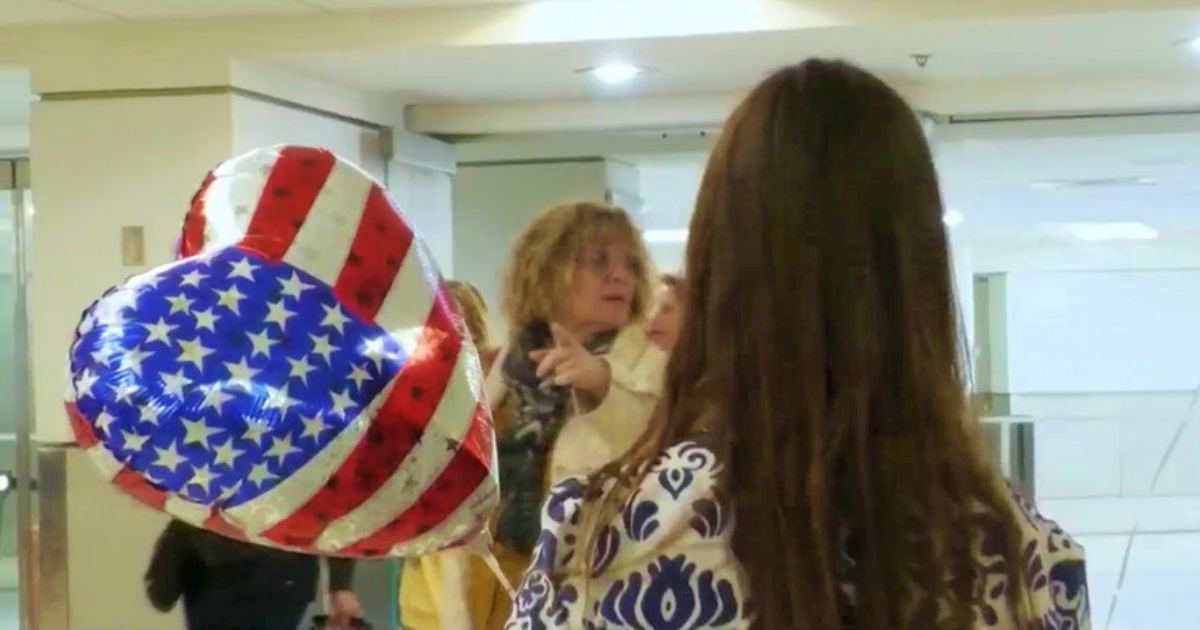The recent decision by the Biden administration to temporarily halt the issuance of travel permits for beneficiaries of the humanitarian parole program has sparked concern and uncertainty among those potentially impacted. The most affected will be individuals whose applications are under review or who have already received preliminary approval for humanitarian parole.
According to a report from the Department of Homeland Security (DHS), many of these individuals could see their permits revoked or face lengthy delays in the process due to the need to reassess the authenticity of their applications. This could significantly impact Cuban, Haitian, Nicaraguan, and Venezuelan citizens seeking a safe pathway to enter the United States, especially those who have relied on the good faith of their sponsors in the U.S.
Fraudulent Activities Detected
This measure comes in the wake of the detection of "significant fraud" in the CHNV program (Cuba-Haiti-Nicaragua-Venezuela), which allows citizens of these countries to obtain permits to enter the United States under special conditions. The DHS has revealed that the suspension is motivated by findings from an internal investigation by the U.S. Citizenship and Immigration Services (USCIS), which uncovered a series of irregularities and fraud in the application process for these permits.
The investigation results, obtained by the Federation for American Immigration Reform (FAIR), show an alarming landscape of widespread fraud affecting both applicants and the system overall. Among the primary issues detected are the use of fraudulent Social Security Numbers (SSNs), many of which belong to deceased individuals, and the use of fake or repeated email addresses and phone numbers in multiple applications.
Additionally, the report highlights that some physical addresses were used on thousands of different forms, indicating the possible existence of organized fraud networks. Sponsors are also under scrutiny. The report reveals that some sponsors submitted multiple fraudulent applications, which could lead to legal sanctions and the suspension of their ability to act as guarantors in the future.
This situation raises serious questions about the effectiveness of the controls implemented by the USCIS and the possibility that other immigration programs may be similarly compromised. In summary, the temporary suspension of humanitarian parole reflects a crisis of confidence in a system that, according to the DHS, has been significantly exploited.
Legitimate beneficiaries and sponsors could be severely affected, while the government faces the challenge of restoring the integrity of this vital program for thousands of people.
Understanding the Impact of Humanitarian Parole Fraud
In light of the recent findings on widespread fraud within the humanitarian parole program, several key questions arise regarding its impact and the measures taken to address these issues. Here are some frequently asked questions and their answers:
Why was the humanitarian parole program suspended?
The program was suspended due to the detection of significant fraud, including the use of fake Social Security Numbers, email addresses, phone numbers, and repeated physical addresses in multiple applications.
Who will be most affected by the suspension?
Individuals whose applications are under review or who have received preliminary approval are the most affected, particularly those from Cuba, Haiti, Nicaragua, and Venezuela.
What kind of fraudulent activities were detected?
The investigation revealed the use of fake Social Security Numbers, email addresses, phone numbers, and physical addresses in multiple applications, indicating organized fraud networks.
What are the potential consequences for sponsors involved in fraud?
Sponsors found to have submitted multiple fraudulent applications could face legal sanctions and the suspension of their ability to act as guarantors in the future.
